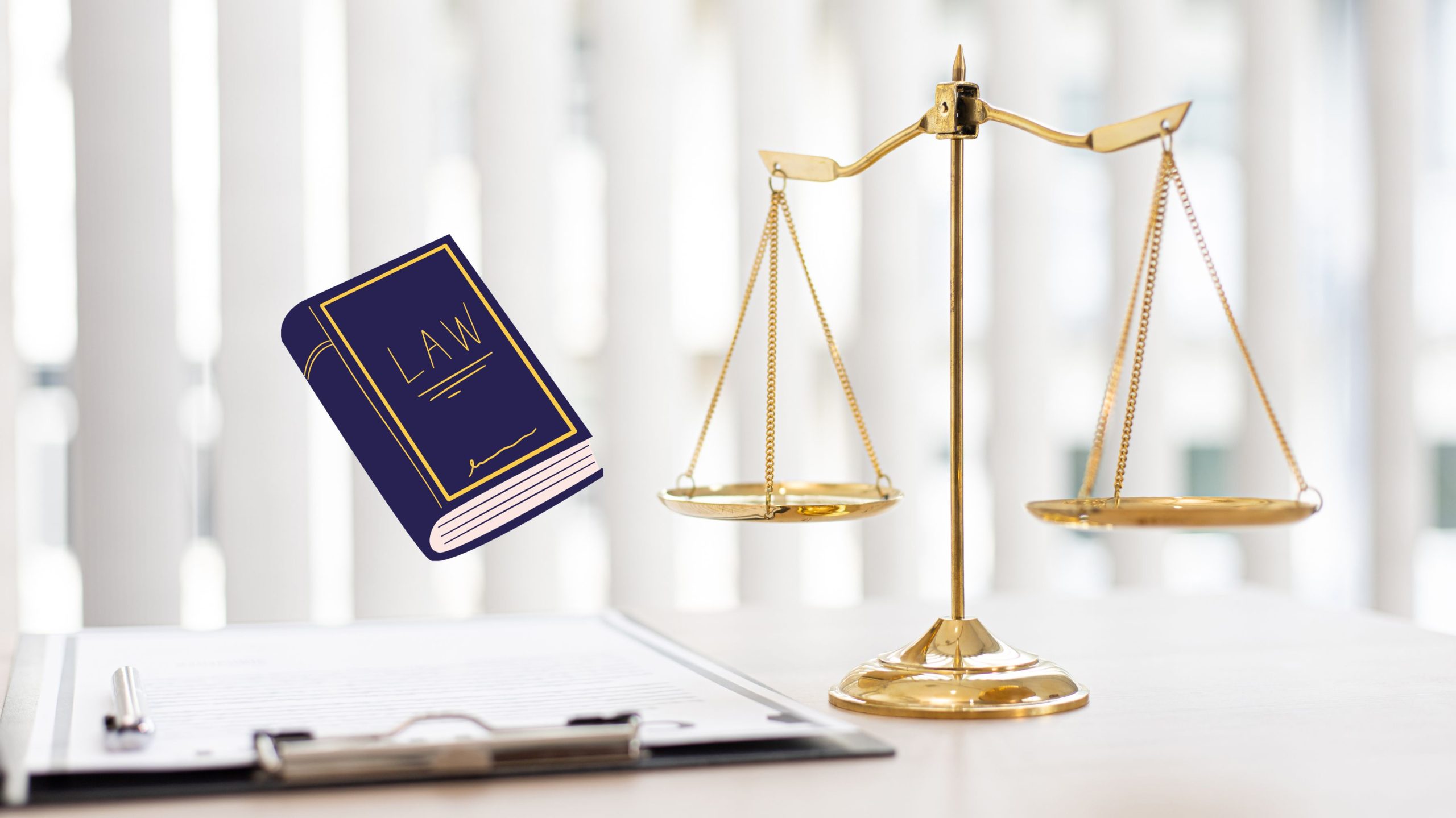
Understanding the Foundation: Rule of Law
The Rule of Law is a fundamental principle that serves as the bedrock of just societies. It ensures that no one, including government officials, is above the law. This concept embodies the idea that laws should apply equally to all individuals, promoting fairness and preventing arbitrary actions.
Equality Before the Law
One of the key aspects of the Rule of Law is the concept of equality before the law. Regardless of one’s status or position, everyone is subject to the same legal principles. This principle fosters a sense of justice and prevents the abuse of power, creating a more equitable society.
Legal Certainty and Predictability
A crucial element of the Rule of Law is the notion of legal certainty and predictability. Laws must be clear, accessible, and consistently applied. This clarity provides individuals with a clear understanding of their rights and obligations, contributing to a stable and predictable legal environment.
Limiting Government Power
Another important function of the Rule of Law is to limit the power of government. By establishing a framework of laws that govern the actions of authorities, this principle prevents the arbitrary exercise of power and protects citizens from potential abuses by those in positions of authority.
Access to Justice
The Rule of Law goes hand in hand with the concept of access to justice. It ensures that legal processes are fair, transparent, and accessible to all members of society. This inclusivity is vital for building trust in the legal system and fostering a sense of security among the populace.
Challenges to the Rule of Law
While the Rule of Law is a cornerstone of just societies, it is not immune to challenges. Issues such as corruption, political interference, and inadequate legal frameworks can pose threats to the effective implementation of this principle. Addressing these challenges is essential for maintaining the integrity of the legal system.
Global Perspectives on the Rule of Law
The Rule of Law is a universal concept, but its application may vary across different countries and legal systems. Understanding how various nations interpret and implement this principle provides valuable insights into the diversity of legal frameworks and the challenges faced on a global scale.
The Role of Legal Professionals in Upholding the Rule of Law
Legal professionals, including lawyers and judges, play a crucial role in upholding the Rule of Law. Their commitment to justice, adherence to ethical standards, and dedication to the principles of fairness contribute significantly to the effective functioning of the legal system.
Empowering Individuals Through Legal Awareness
Empowering individuals with knowledge about the Rule of Law is essential for a thriving society. Websites like amellawyer.com serve as valuable resources, offering insights, legal advice, and information to help individuals understand their rights and responsibilities within the framework of the law.
Conclusion: Sustaining Justice Through the Rule of Law
In conclusion, the Rule of Law is not just a legal concept; it is a cornerstone of a just and equitable society. Upholding this principle requires a collective commitment to fairness, transparency, and accountability. By understanding its principles and addressing challenges, we contribute to the sustenance of justice and the well-being of our communities. Explore more about the Rule of Law at amellawyer.com to deepen your understanding of legal principles and empower yourself with knowledge.